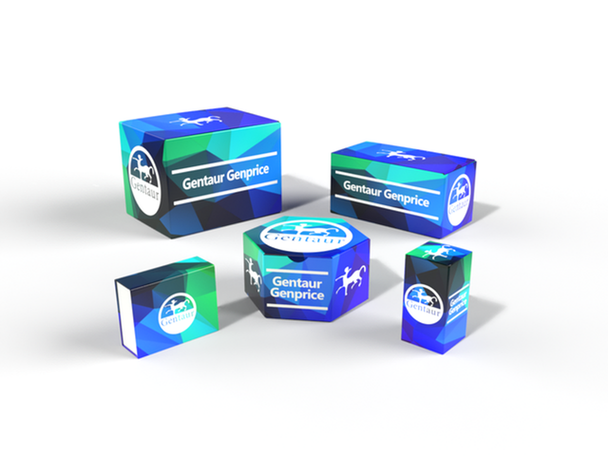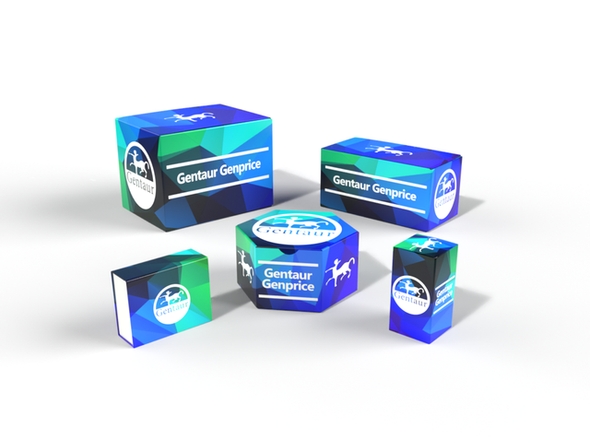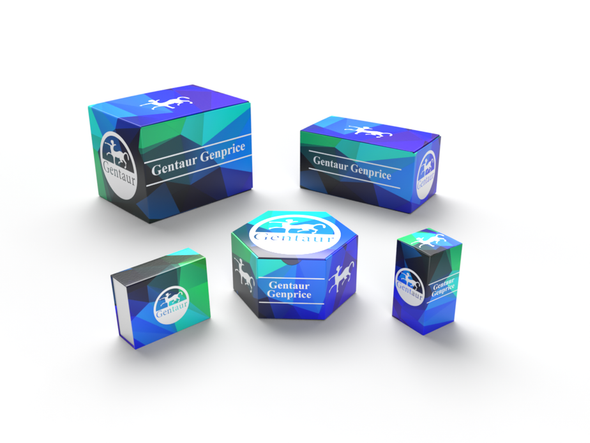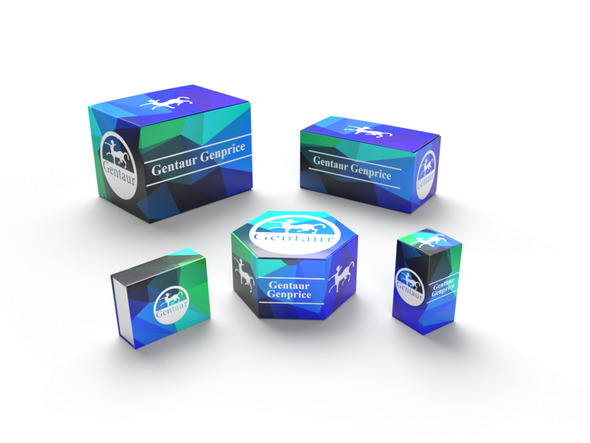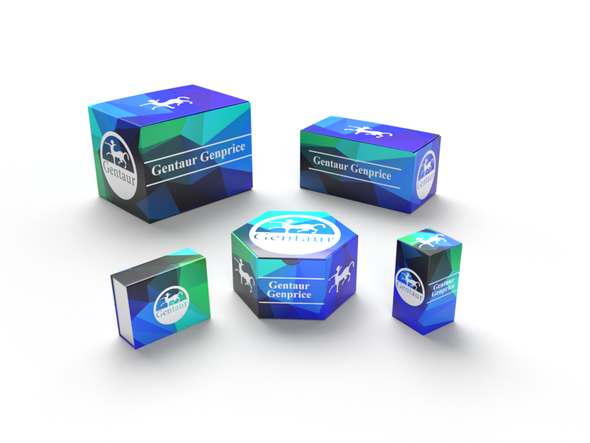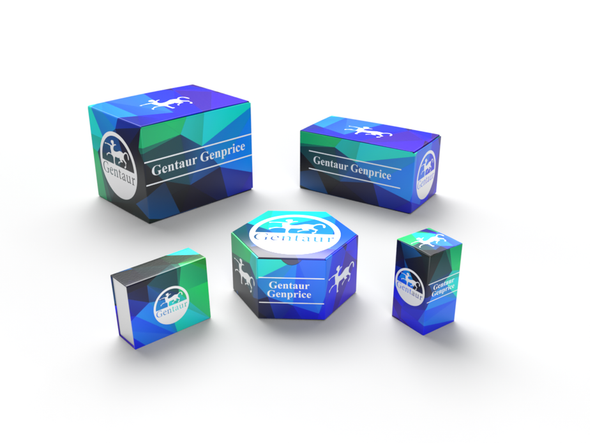Description
FBLIM1 Antibody | 56-601 | Gentaur UK, US & Europe Distribution
Host: Rabbit
Reactivity: Human
Homology: N/A
Immunogen: This FBLIM1 antibody is generated from rabbits immunized with a KLH conjugated synthetic peptide between 294-323 amino acids from the C-terminal region of human FBLIM1.
Research Area: Signal Transduction
Tested Application: WB, IHC-P
Application: For WB starting dilution is: 1:1000
For IHC-P starting dilution is: 1:10~50
Specificiy: N/A
Positive Control 1: N/A
Positive Control 2: N/A
Positive Control 3: N/A
Positive Control 4: N/A
Positive Control 5: N/A
Positive Control 6: N/A
Molecular Weight: 41 kDa
Validation: N/A
Isoform: N/A
Purification: This antibody is purified through a protein A column, followed by peptide affinity purification.
Clonality: Polyclonal
Clone: N/A
Isotype: Rabbit Ig
Conjugate: Unconjugated
Physical State: Liquid
Buffer: Supplied in PBS with 0.09% (W/V) sodium azide.
Concentration: batch dependent
Storage Condition: Store at 4˚C for three months and -20˚C, stable for up to one year. As with all antibodies care should be taken to avoid repeated freeze thaw cycles. Antibodies should not be exposed to prolonged high temperatures.
Alternate Name: Filamin-binding LIM protein 1, FBLP-1, Migfilin, Mitogen-inducible 2-interacting protein, MIG2-interacting protein, FBLIM1, FBLP1
User Note: Optimal dilutions for each application to be determined by the researcher.
BACKGROUND: This gene encodes a protein with an N-terminal filamin-binding domain, a central proline-rich domain, and, multiple C-terminal LIM domains. This protein localizes at cell junctions and may link cell adhesion structures to the actin cytoskeleton. This protein may be involved in the assembly and stabilization of actin-filaments and likely plays a role in modulating cell adhesion, cell morphology and cell motility. This protein also localizes to the nucleus and may affect cardiomyocyte differentiation after binding with the CSX/NKX2-5 transcription factor. Alternative splicing results in multiple transcript variants encoding different isoforms.

